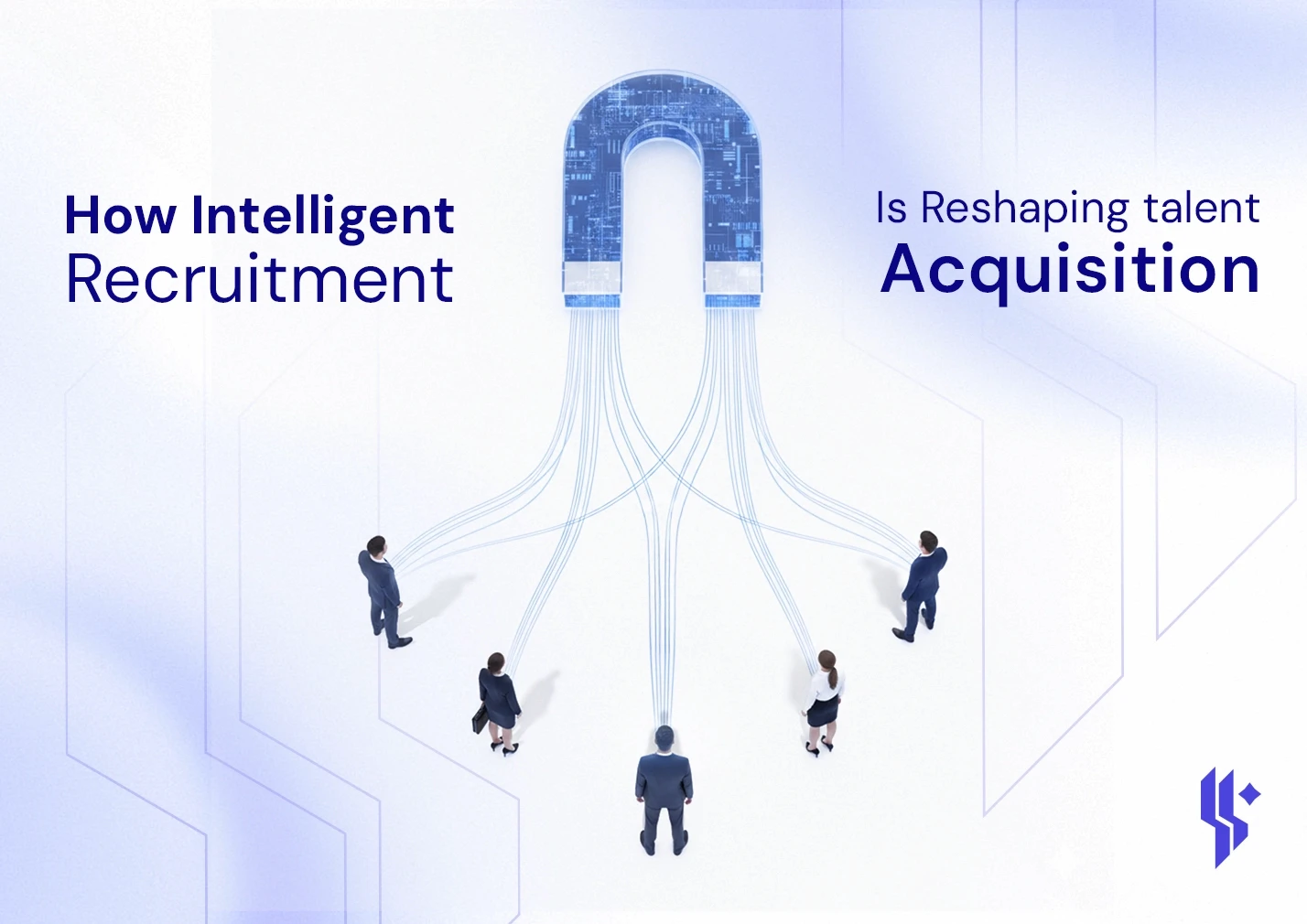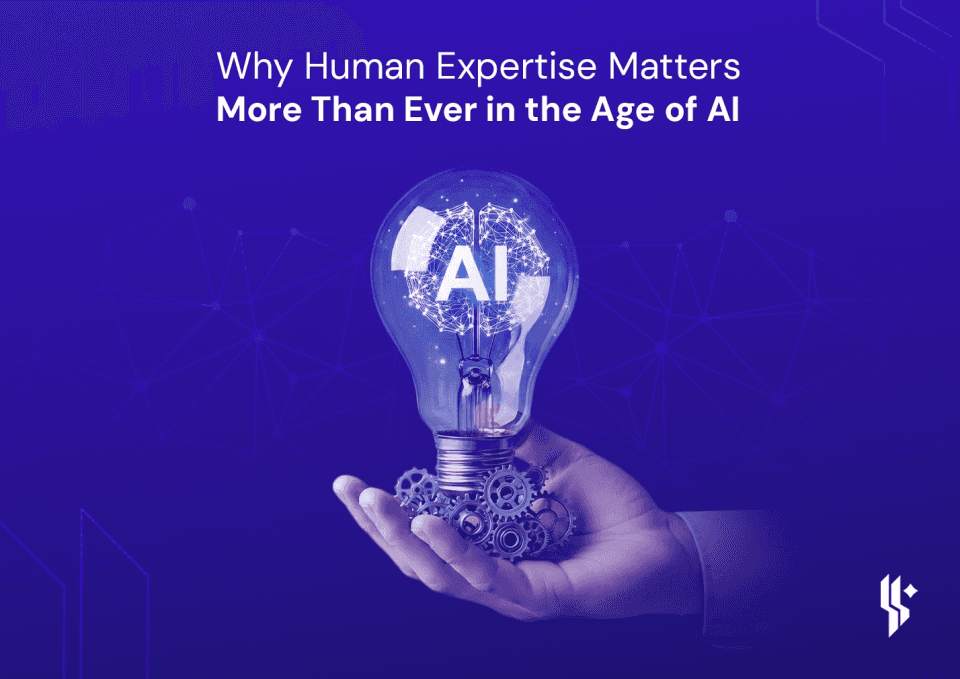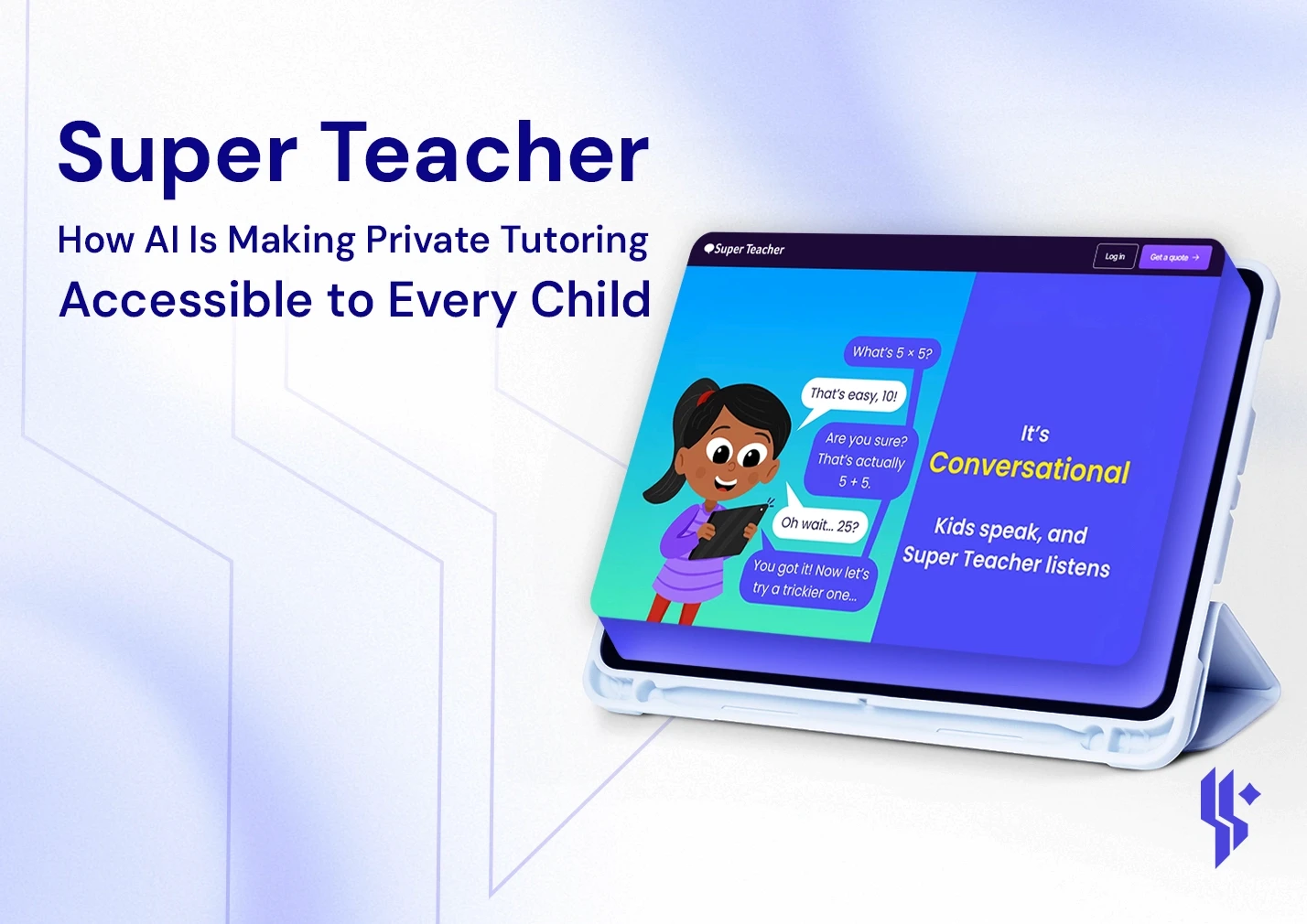Wynt Blog
Find an Article
Wynt Blog
Find an Article
Wynt Blog

May 20, 2025
Are Companies Sacrificing Human Creativity for AI Efficiency?
The growing influence of artificial intelligence in the workplace is becoming harder to ignore.
A recent move by Duolingo, the popular language-learning platform, has reignited concerns about the future of human labor in the age of AI. The company announced plans to become an “AI-first” organization and replace many of its contractors with artificial intelligence, while this may sound like a futuristic shift, it’s part of an ongoing trend.
According to journalist Brian Merchant, Duolingo began cutting parts of its contractor workforce as early as late 2023, with translators and writers being among the first roles replaced by AI.
Another round of job reductions reportedly occurred in October 2024, further emphasizing the company’s commitment to automation.
Merchant also highlights a troubling pattern across various industries: entry-level and creative roles are increasingly being replaced or crowded out by AI systems, recent college graduates are facing historically high unemployment rates, and many believe it’s not just due to a lack of job openings, but rather a shift in how companies allocate their budgets, favoring AI tools over new human hires.
This trend isn’t about robots taking over in a dramatic sci-fi fashion, instead, it’s about strategic management decisions aimed at cutting labor costs and increasing efficiency.
Unfortunately, this often comes at the expense of human creativity and innovation, the arts, writing, translation, and other creative industries are seeing a decline in freelance opportunities and income.
Corporations, meanwhile, are opting to hire fewer people, relying more heavily on technology to handle tasks that once required a human touch.
While AI can significantly improve efficiency and reduce operational costs, it also raises important questions:
What do we lose when we replace people with machines? Can AI truly replicate the nuance, emotion, and originality of human work?
What’s your take, do you see this as progress or a step back for creativity and the human workforce?
Have More Questions?
Reach out Through
Latest Articles
Stay Updated with Our Latest Insights

May 20, 2025
Are Companies Sacrificing Human Creativity for AI Efficiency?
The growing influence of artificial intelligence in the workplace is becoming harder to ignore.
A recent move by Duolingo, the popular language-learning platform, has reignited concerns about the future of human labor in the age of AI. The company announced plans to become an “AI-first” organization and replace many of its contractors with artificial intelligence, while this may sound like a futuristic shift, it’s part of an ongoing trend.
According to journalist Brian Merchant, Duolingo began cutting parts of its contractor workforce as early as late 2023, with translators and writers being among the first roles replaced by AI.
Another round of job reductions reportedly occurred in October 2024, further emphasizing the company’s commitment to automation.
Merchant also highlights a troubling pattern across various industries: entry-level and creative roles are increasingly being replaced or crowded out by AI systems, recent college graduates are facing historically high unemployment rates, and many believe it’s not just due to a lack of job openings, but rather a shift in how companies allocate their budgets, favoring AI tools over new human hires.
This trend isn’t about robots taking over in a dramatic sci-fi fashion, instead, it’s about strategic management decisions aimed at cutting labor costs and increasing efficiency.
Unfortunately, this often comes at the expense of human creativity and innovation, the arts, writing, translation, and other creative industries are seeing a decline in freelance opportunities and income.
Corporations, meanwhile, are opting to hire fewer people, relying more heavily on technology to handle tasks that once required a human touch.
While AI can significantly improve efficiency and reduce operational costs, it also raises important questions:
What do we lose when we replace people with machines? Can AI truly replicate the nuance, emotion, and originality of human work?
What’s your take, do you see this as progress or a step back for creativity and the human workforce?
Have More Questions?
Reach out Through

May 20, 2025
Are Companies Sacrificing Human Creativity for AI Efficiency?
The growing influence of artificial intelligence in the workplace is becoming harder to ignore.
A recent move by Duolingo, the popular language-learning platform, has reignited concerns about the future of human labor in the age of AI. The company announced plans to become an “AI-first” organization and replace many of its contractors with artificial intelligence, while this may sound like a futuristic shift, it’s part of an ongoing trend.
According to journalist Brian Merchant, Duolingo began cutting parts of its contractor workforce as early as late 2023, with translators and writers being among the first roles replaced by AI.
Another round of job reductions reportedly occurred in October 2024, further emphasizing the company’s commitment to automation.
Merchant also highlights a troubling pattern across various industries: entry-level and creative roles are increasingly being replaced or crowded out by AI systems, recent college graduates are facing historically high unemployment rates, and many believe it’s not just due to a lack of job openings, but rather a shift in how companies allocate their budgets, favoring AI tools over new human hires.
This trend isn’t about robots taking over in a dramatic sci-fi fashion, instead, it’s about strategic management decisions aimed at cutting labor costs and increasing efficiency.
Unfortunately, this often comes at the expense of human creativity and innovation, the arts, writing, translation, and other creative industries are seeing a decline in freelance opportunities and income.
Corporations, meanwhile, are opting to hire fewer people, relying more heavily on technology to handle tasks that once required a human touch.
While AI can significantly improve efficiency and reduce operational costs, it also raises important questions:
What do we lose when we replace people with machines? Can AI truly replicate the nuance, emotion, and originality of human work?
What’s your take, do you see this as progress or a step back for creativity and the human workforce?
Have More Questions?
Reach out Through





